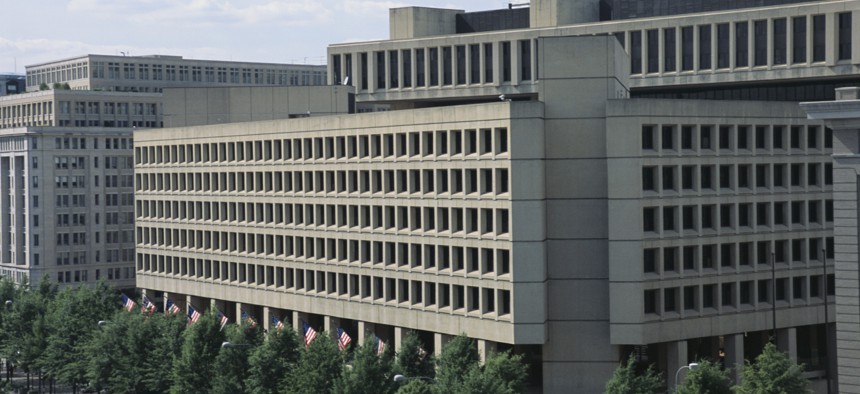The political landscape in America has reached a new level of absurdity as the Secret Service engaged in an unprecedented surveillance operation against former FBI Director James B. Comey. This dramatic escalation follows a social media post from Comey that was misinterpreted as a threat to President Trump, igniting a firestorm of accusations from Trump loyalists. Such a response not only showcases the extent of political animosity but also raises alarming questions about the intersection of law enforcement and political retribution.
Surveillance of Political Critics is Dangerous
The Secret Service"s decision to track Comey’s movements and monitor his cellphone is a striking example of how far political conflicts have devolved. According to The New York Times, Comey was followed by unmarked cars while returning from a family vacation. This level of surveillance is not just a violation of privacy; it is a dangerous precedent that signals to all political opponents of the Trump administration that they could be subjected to similar treatment. Such actions undermine the democratic governance that is supposed to protect dissenting voices.
Trump"s Allies Weaponize Fear and Misinformation
The immediate reaction from Trump’s camp, particularly from Donald Trump Jr., who accused Comey of calling for his father"s murder, illustrates the toxic environment cultivated by this administration. This accusation, based on a benign post depicting seashells, is indicative of a broader strategy to weaponize fear and misinformation. The term “86 47,” which is a known phrase among political activists calling for Trump"s removal, was twisted into a supposed call for violence. This kind of rhetoric not only distorts the truth but also incites a dangerous mob mentality among supporters.
\n\n
What happens at a 2024 Trump rally? A lot more than his ...
Implications for Free Speech and Political Discourse
The implications of this incident stretch far beyond Comey. It raises profound questions about the state of free speech in America today. As reported by Hillsdale College, the current administration has fostered an environment where political dissent is increasingly criminalized. If former government officials can be surveilled for merely expressing their political views, we must question what that means for the average citizen. Will dissenting opinions be met with similar retaliation? This is a pivotal moment for civil rights, where the right to free expression is at stake.
Historical Context of Political Surveillance
This situation echoes the dark chapters of American history when dissent was quelled through intimidation tactics and surveillance. The FBI’s historical surveillance of civil rights leaders, such as Martin Luther King Jr., serves as a grim reminder of the lengths to which government entities may go to stifle opposition. Our democracy demands accountability and transparency, yet this incident reveals a troubling continuity of repression towards those who challenge the status quo. It is crucial that we recognize these patterns and resist the normalization of political surveillance.
\n\n
FBI to reassign 1,500 employees outside of D.C. area, vacate ...
The Role of Media in Shaping Political Narratives
Media outlets play a critical role in shaping public perception, and the portrayal of Comey’s actions has been deeply flawed. By framing Comey as a threat based on a misconstrued social media post, the media enables a narrative that supports a dangerous status quo. Progressive voices must rise to challenge this framing, emphasizing the need for responsible journalism that upholds the principles of justice and truth. As we navigate this turbulent political terrain, it is essential to advocate for a media landscape that prioritizes facts over sensationalism.



![[Video] Gunfire between Iraqi security forces and Sadr militias in Baghdad](/_next/image?url=%2Fapi%2Fimage%2Fthumbnails%2Fthumbnail-1768343508874-4redb-thumbnail.jpg&w=3840&q=75)
